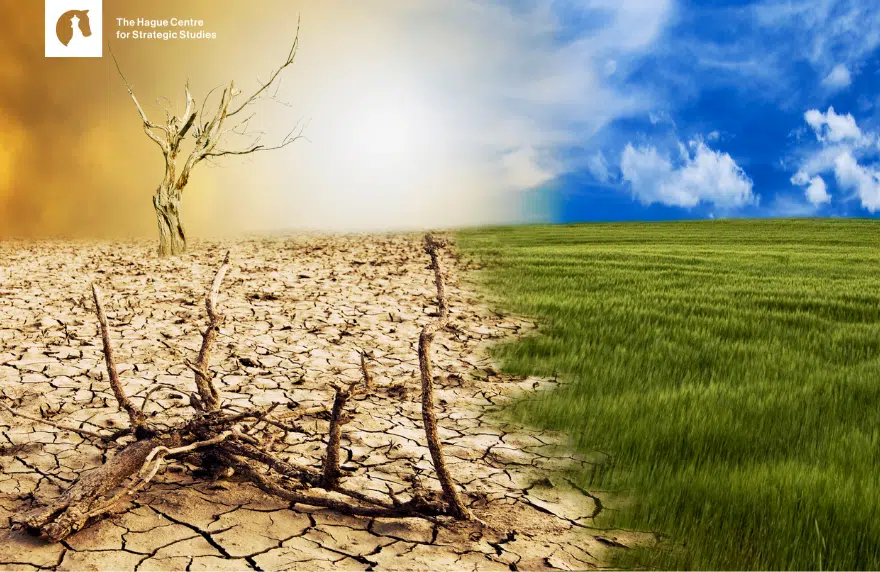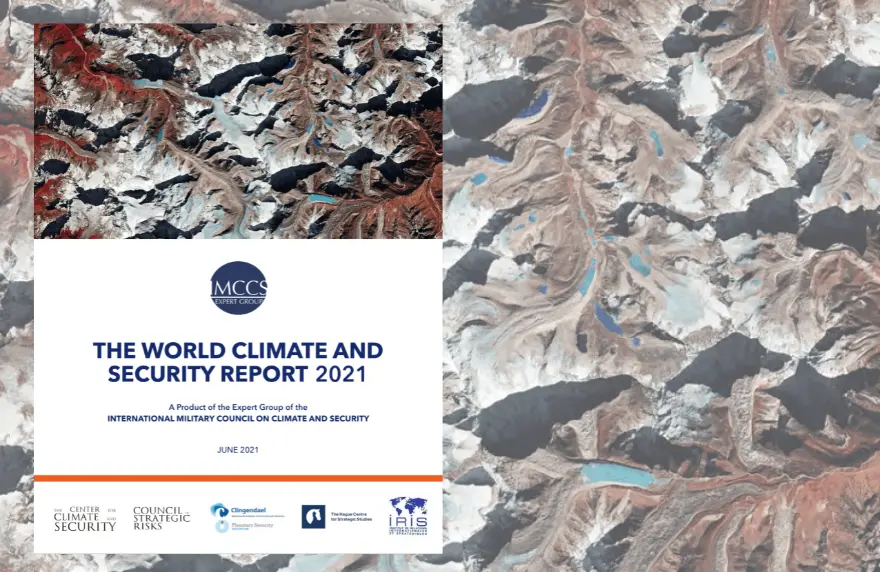Research
Historically, the security policy landscape was reserved for policies focused on protecting and enhancing national security, such as defense and border control. Today, security risks are not limited to traditional ‘nation state’ concerns but also include ‘people’ concerns: i.e., the social, economic, political, and environmental aspects of human life. Part of these new security risks are also those brought on by the global climate crisis.
This report addresses these new and upcoming risks we face. It analyses from a Dutch perspective where the most relevant and feasible opportunities for international cooperation on climate-related security lie. This was done by:
- developing an overview of existing international, EU, regional, and Dutch policy and instruments;
- undertaking a data-driven assessment of hotspot countries of risk;
- designing a policy game to explore hands-on programming and collaboration opportunities for the Netherlands;
These three steps provide Dutch policy and decision makers with a composite framework to support their efforts to manage, mainstream and monitor Dutch-funded climate security programs and initiatives, taking into account vital security interests of the Kingdom of the Netherlands (including the Dutch Caribbean).
The study concludes with six main observations and provides policy recommendations on three levels: pre-engagement, engagement, and monitoring and evaluation.
Authors: Dorith Kool and Laura Birkman.
Contributors: Juliette Eijkelkamp and Marleen de Haan.
The research for and production of this report has been conducted within the PROGRESS research framework agreement. Responsibility for the contents and for the opinions expressed rests solely with the authors and does not constitute, nor should it be construed as, an endorsement by the Netherlands Ministries of Foreign Affairs and Defense.





